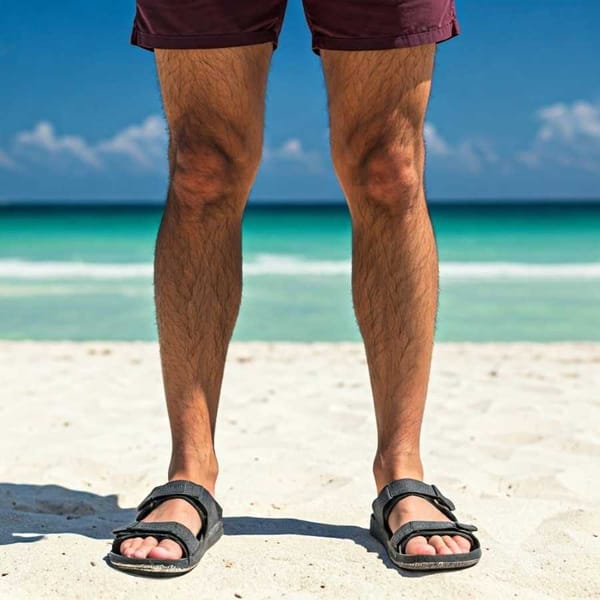Getting old does not constitute a sickness
This group needs to age with autonomy and security. In Mexico there are 15 million 416 thousand people aged 60 and over; among them, there are those who exceed a century of life, according to INEGI figures.

This group needs to age with autonomy and security. According to INEGI data, there are 15 million 416 thousand people in Mexico aged 60 and over, including those who have lived a century.
According to figures from the 2020 Population and Housing Census of the National Institute of Statistics and Geography (INEGI), the population aged 60 and over increased from 9.1 percent in 2010 to 12.0 percent in 2020; in addition, the median (average) age increased from 26 to 29 years in the last decade.
This forces us to reflect on our aging. Adults and young people must think about what we are doing, and from the side of the state and governments, what they are doing to increasingly protect the rights of the elderly and ensure that they live aging with autonomy and security, where they can be consulted to make decisions.
The coordinator of the Interdisciplinary University Seminar on Aging and Old Age (SUIEV) of the UNAM, Verónica Montes de Oca Zavala, also considers that: we must build the best conditions to live in freedom; old age is not an illness; we have experienced aspects linked to a progressive loss of human rights that had been won in the last two decades.
"With this, I am referring to the restrictions implemented in some federal entities where it was forbidden for the elderly to leave their homes. It was not something voluntary, and they took away that right to mobility and to decide."
Even in other countries, during a health emergency, they required a mobility pass, and this infringed on their fundamental guarantees. In some shopping centers, access to people aged 60 and over was restricted because there was a misunderstanding that they could be infected, and "a stereotyped and discriminatory view" was established towards them.
Regarding the National Day of the Elderly (formerly Grandparents' Day), to be commemorated on August 28, the former president of the Latin American Population Association assures us that we are not doing what is necessary in the institutions and society, in our country and the world.
"We are talking about nearly 15 million elderly people in Mexico. "This sector of the population was one of the most affected during the pandemic, because they were already living a previous confinement and a situation of exclusion from society in general, and they suffered very exhausting moments linked to the possibility of contagion," she indicates.
In the world, those who are in nursing homes or residences have not been adequately supervised, so we must look at the regulation of these institutions since they are inhabited by guests over 80 years of age who have a certain dependency, which "shows a clear negligence on the part of society."
"So we are a society of double standards, because on the one hand, we completely invisibilize certain sets and segments of this population group and, on the other hand, we commemorate them; it is a paradox," she says. According to INEGI, Mexico is home to 15 million 416 thousand people over the age of 60; more than 18 thousand of them are 100 years old or older.
Public policies
However, in this area, there has also been great progress in Mexico, especially in the visibility of this population, says Verónica Montes de Oca. "We shouldn't forget that now, with the COVID-19, the elderly have been identified as a priority group, in addition to the economic aid transfers by the Mexican government, which has even moved up monthly payments because people can't go out because of the rate of infection."This sector was the first to be vaccinated in Mexico. In contrast, in other countries, it was not considered.
The SUIEV, one of the most cited seminars in Latin America, and a unique initiative in many parts of the world have been working for 10 years. It is made up of 45 people and is one of the most active in the Secretariat of Institutional Development of this university. They have carried out theater performances with senior citizens who are not career actors, but this helps them as a recreational and fun activity.
Concerning sports activities, she considers that it is to continue with "the same image that they can do many activities, which should not be seen as a spectacle."
Inclusive celebration
On August 17, 2020, the National Institute for the Elderly, of the Welfare Secretariat of the Mexican Government, issued an official statement in which it explained that August 28 was initially instituted in Mexico as the Day of the Elderly, a title that was later changed to National Day of the Elderly. Currently, to use an inclusive language that also considers older women, who make up the majority of this population group, it was decided to call it "National Day of the Elderly".




